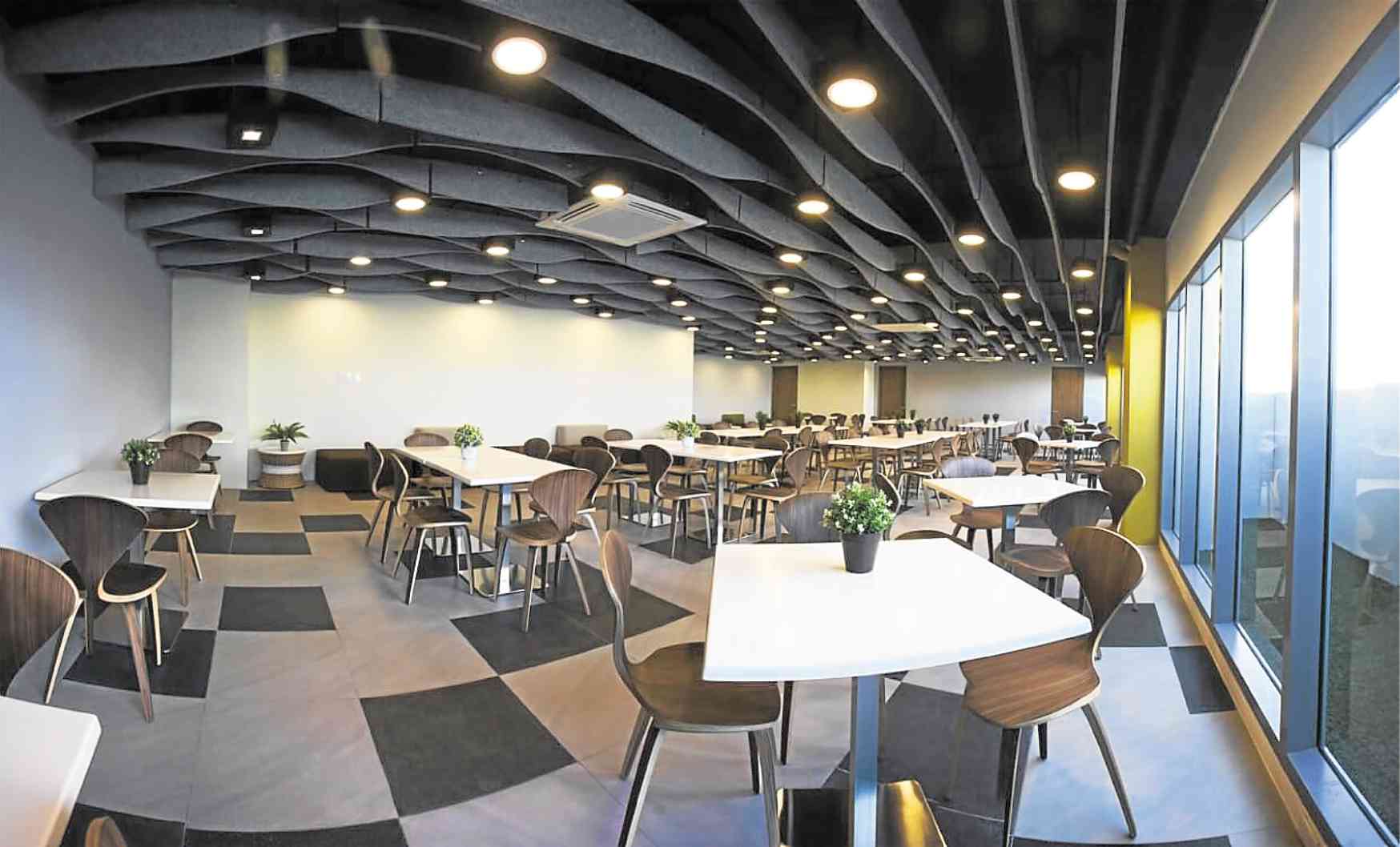
TLDC’s bread and butter, the premium university residences, continue to put the company at the forefront of upgraded student-living in the country.
It had a keen foresight to spot opportunities, took calculated risks, and built the right portfolio for its target market.
Thus proved to be the winning blueprint for a company that pioneered the first premium university residence in the Philippines, and which has since expanded its portfolio to now include developing masterplanned townships in emerging urban centers outside Metro Manila.
Torre Lorenzo Development Corp. (TLDC) has indeed cemented itself to be among the most progressive real estate companies in the country today, with expectations of a sustained growth over the next five years.
Sustained growth
Last year, TLDC posted a 28 percent growth in revenues to about P2 billion—a figure that is seen to more than triple by 2023 to about P7 billion. The company said it also expects to grow their revenues by 25 percent year on year, over the next three to five years.
Supporting this strong performance would be the Torre Lorenzo premium university residences, which remained the key revenue driver, or the company’s “bread and butter.” But the Tierra Lorenzo premium lifestyle developments in Davao and Lipa allowed the company to grow in revenue exponentially.
Investors and homebuyers are therefore assured not only of top quality projects with well appointed units and key amenities, but also of favorable returns for their investment in a TLDC development.
“(The real estate industry) is still very strong and we still feel it. There are many competitors but we, at TLDC, always make sure we are one step ahead of everyone because we don’t mind looking outside of the usual areas of development. We look for places which are ready to take off,” TLDC president and chief executive officer Tomas Lorenzo said of their strategy.
“Our risks are calculated and we make sure that the demographics back it up. What’s important is that the demographics and the market are there. We don’t just go (to a location) hoping someone will discover us,” Lorenzo said in a press briefing.
Expansion
Since last year, TLDC has been expanding its portfolio to include more Torre Lorenzo premium university residences, Torre Lorenzo premium residences, Tierra Lorenzo premium lifestyle developments, and the TLDC townships.
TLDC’s bread and butter, the premium university residences, continue to put the company at the forefront of upgraded student-living in the country.
Last year, TLDC turned over units at the Torre Central, which is located in the University Belt area. This year, TLDC will bring the same premium experience to Loyola Heights, Quezon City with the groundbreaking of Torre Lorenzo Loyola.
TLDC is likewise anticipating the grand openings of its lifestyle developments in Tierra Lorenzo Davao namely the dusitD2 Hotel, and Dusit Thani Residence Davao; as well as the turnover of its first residential tower in Tierra Lorenzo Lipa, the company’s mixed-use residential and hotel development in Batangas. Apart from the two residential towers, Tierra Lorenzo Lipa will also house the region’s upscale international hotel, Dusit Princess Lipa.
Alongside more partnerships with international hospitality groups, the company is also hoping to bring the full TLDC premium experience to its masterplanned townships in Davao this year. Its leisure township, the Lubi Plantation, opened its Beach Club and luxury villas which offer day tours and overnight resort experiences.
And it doesn’t end here.
TLDC chief financial offer Emmanuel A. Rapadas disclosed that for this year alone, the company is looking to launch another hotel in Pampanga. By 2020, the company is also targeting to launch two more premium university residences in Quezon City and Manila.
“Indeed, TLDC has done a lot in the last two years as our numbers would (show)… We’re working on our project pipeline and we intend to continue growing rapidly,” Rapadas said.
To support TLDC’s expansion, Rapadas said they have allocated P3 billion for their capital expenditures this year and another P5 billion for 2020.
As TLDC continues to expand its footprint in emerging urban centers outside Metro Manila, the company ensures to promote inclusive growth within the communities they support. Apart from creating more jobs in the surrounding communities, bringing new developments to these areas also boost economic activity.
“Our company has shown significant growth over the last few years and we can’t wait to show you what we have planned for tomorrow,” Lorenzo concluded.

